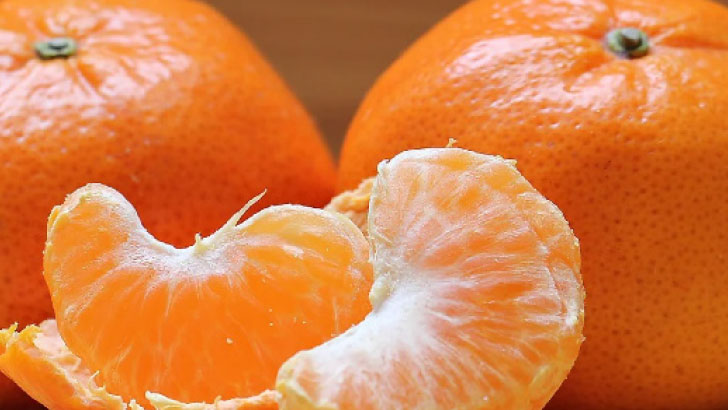Squeezing Mwanza’s juicy gold
Mwanza is endowed with some of the juiciest fruits on the market.
The southern district along the border between Malawi and Mozambique is among the leading producers of citrus fruits, especially oranges and tangerines.
Group village Head Chikolosa, encourages farmers to produce quality fruits and take great pride in the works of their hands.
He says: “We depend on farming and our local farmers are always encouraged to work hard in their fields to produce more,” he says.

But the traditional leader has one lamentation though: Due to lack of high-yielding skills and the ability to transform raw produce into exportable products, a great deal of their farm produce often goes to waste.
“The biggest loss is recorded in the tangerine production, where farmers sell a whole tree for a song. If the seller does not find a willing buyer in time, the fruits perish in the sun,” he says.
Osmund Chapotoka, director of agriculture, environment and natural resources in Mwanza, says 10 to 15 percent of the nearly 223 000 tonnes of the tangerines produced in the district in a year, goes to waste due to lack of processing and conservation facilities.
The wastage persists eight years after the government promised to make value addition happen in a drive to cut post-harvest losses, create jobs and ensure farmers benefit from their toil.
In 2013, Malawi Rural Development Fund (Mardef), now renamed National Economic Empowerment Fund (Neef), gave three youth clubs in Mwanza a juice making-machine to promote value addition.
Since then, the machine has been lying idle and gathering dust at Mwanza District Council instead of churning out the juice and creating the jobs, as envisaged by the State-sponsored fund.
According to Mwanza district commissioner Malango Botomani, the machine is rusting in disuse because the fund made the donation “without offering any form of training” to the would-be operators.
“It is a sad situation because Mwanza is one of the districts hit hard by youth unemployment. The potential enterprise would have offered a good number of the youthful majority a way out of poverty for good,” she says.
Seven years on, the target youth groups have a reason to smile as they will finally receive the training they require to reap the desired benefits.
According to Botomani, the district council approached the Technical, Entrepreneurial and Vocational Education and Training Authority (Teveta) to train the youth clubs how to operate the machine.
She is glad that Teveta nodded to their proposal.
“This intervention is one of the things that we have looked forward to for years so the youth could benefit,” Botomani says.
Teveta will also train the clubs in how to make juice and preserve their product.
The training also includes financial literacy and business management.
Says Teveta executive director Wilson Makulumiza Nkhoma: “When the district commissioner raised this issue during our discussions, we thought that was an area we could support.
“The first training will help the clubs set up of the machine and progress to subsequent processes.”
Teveta will partner with banks, Malawi Bureau of Standards and other agencies to help the youth groups produce juices that are not only up to standard but also hygienic.
The youth will be trained to attractively package and market their produce as well as how they can obtain business loans from lenders.
“Going forward, fruit grafting is an area the clubs are also considering to invest in. When you start producing juices at a large scale, the availability of raw materials becomes critical. They need to ensure that we are producing enough of such raw materials,” Nkhoma says.
The Bankers Association of Malawi (BAM) is one of Teveta’s strategic partners in the nascent venture.
“If they make their juice and sell it, then what will they do with it? To be fully empowered, the yoth need access to finances and other services banks provide,” says BAM head of training Nitta Ganizani.
When the machine starts squeezing juice from the golden fruits that keep going to waste, the youth hope to show the world what a great loss they have endured for the near-decade the juice-maker has been gathering dust at the council.





